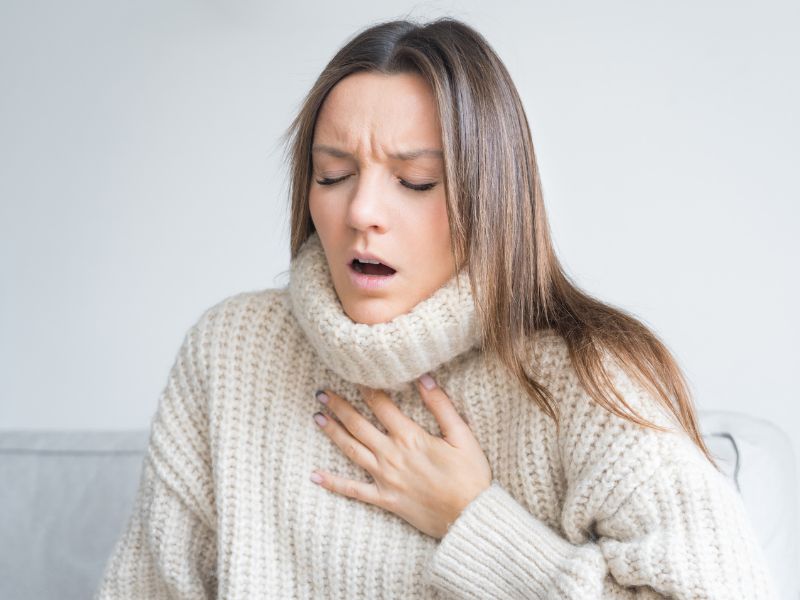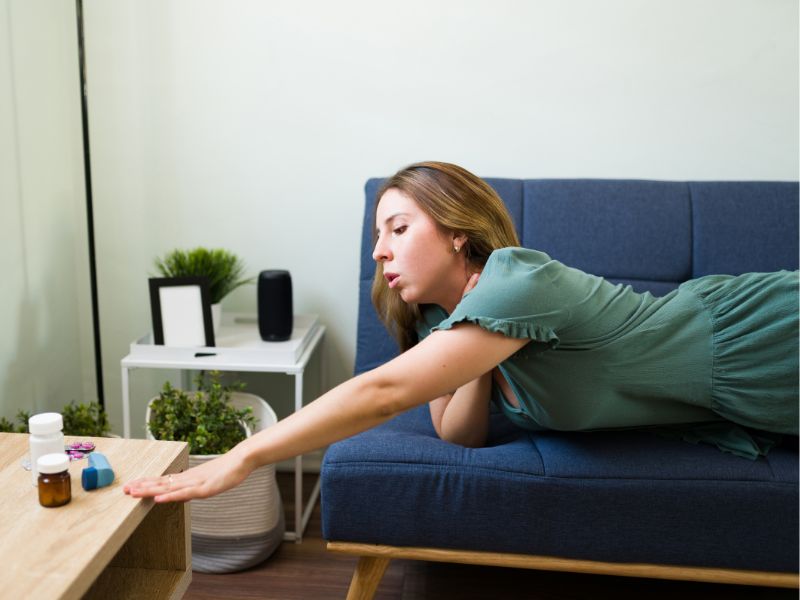Shortness of breath is a distressing sensation that can leave individuals feeling frightened and vulnerable. While various factors can cause it, one common underlying cause is anxiety. Anxiety-related shortness of breath can mimic symptoms of severe medical conditions, leading people to worry about their health. Understanding the link between stress and shortness of breath is crucial in identifying the root cause and seeking appropriate management. This article explores the signs and symptoms of anxiety-induced shortness of breath and offers guidance on distinguishing it from other conditions.

Canva. com
Recognizing The Symptoms
Anxiety-induced shortness of breath often presents as a sudden feeling of breathlessness or tightness in the chest. Individuals may find it challenging to take deep breaths, leading to a sense of suffocation. Other common symptoms include dizziness, rapid heartbeat, trembling, and sweating. These physical manifestations can escalate anxiety, creating a vicious cycle of breathlessness and fear.
Ruling Out Medical Conditions
While anxiety is a frequent cause of shortness of breath, it’s essential to rule out any underlying medical conditions. Respiratory issues like asthma, chronic obstructive pulmonary disease (COPD), and cardiac problems could also manifest as breathlessness. If the shortness of breath is persistent or accompanied by severe chest pain, coughing, or wheezing, it is crucial to seek immediate medical attention.

Canva. com
Identifying Triggers
Understanding the triggers for anxiety-induced shortness of breath can aid in its management. Stressful situations, social interactions, or phobias are common triggers for anxiety. Keeping a journal to identify patterns and motivations can help individuals anticipate and cope with episodes of shortness of breath.
Coping Strategies
Several coping strategies can help manage anxiety-related shortness of breath. Deep breathing exercises, meditation, and progressive muscle relaxation techniques can induce relaxation, calming the mind and body. Seeking professional help through therapy or counseling can provide individuals with valuable tools to effectively tackle anxiety and its associated symptoms.
